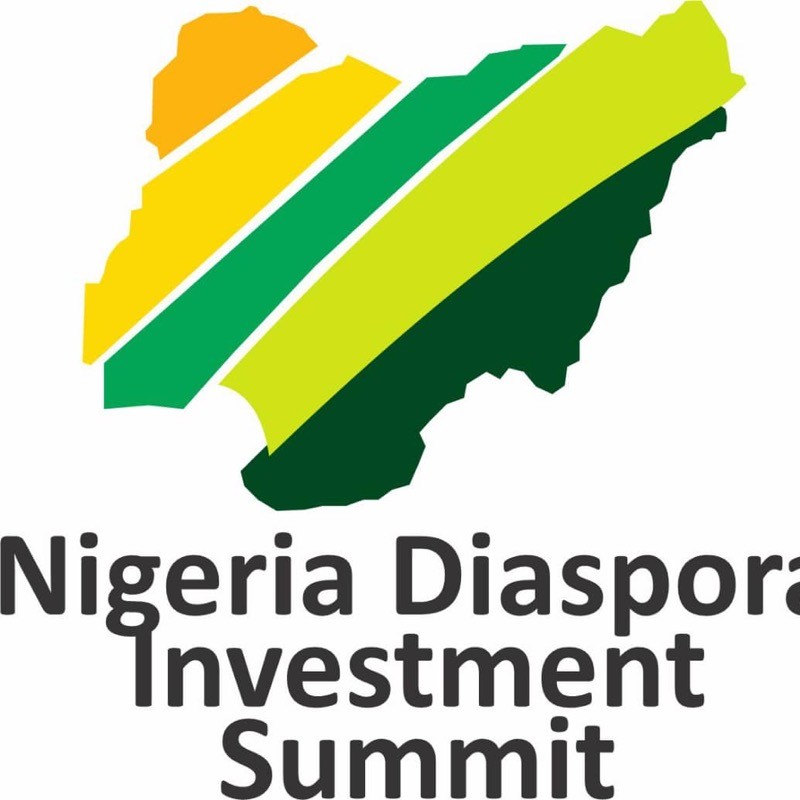An upcoming event, Diaspora Nigerian businesses, particularly for startup as well as growth-oriented Micro-Small and Medium-Sized Enterprises (MSMES) seeking venture capital and investment in return for equity participation in Nigeria domiciled businesses and projects, takes place soon. This would cover financial intermediaries and stakeholders with an interest in or commitment to the resurgence and revival of the Nigerian economy, with particular reference to diversification and attractiveness to investment inflows, particularly inward investment in the post-oil era.
Nigerians in the Diasporas are expected to tackle agriculture and crowdfunding at the 6th Nigerian Diaspora Investment Summit from November 13 to 15, 2023, holding at the Federal Capital Territory, Abuja with the theme, “New Vistas, New Aspirations, New Visions: The Diaspora and National Development”. According to the United Nations Conference on Trade and Development (UNCTAD) 2022 World Investment Report, Foreign Direct Investment (FDI) flows to Nigeria totalled USD $4.8 billion in 2021, more than doubling from the previous year (USD $2.3 billion in 2020) and well above the pre-pandemic level before it, fell again to $-0.19B, which is 105.64% decline from 2021.
A top flyer and global non-profit Heifer International, would lead the exposition during a special session showcasing significant investment opportunities, trends and developments, and thought leadership insights in the nation’s agribusiness sector. Heifer is the lead sponsor while Heifer Nigeria’s signature initiative, Naija Unlock, seeks to help unlock Nigeria’s food self-sufficiency potential by working with smallholder farmers to fill the gap in local food demand while closing the income gap for families. Heifer in Nigeria supports smallholder farmers in tomatoes, rice, poultry, small ruminants, and cattle value chains.
The focus on agriculture is important, as stated by the President, African Development Bank (AfDB), Dr. Akinwunmi Adesina that Africa’s food and agribusiness would be worth an estimated US$11 trillion by 2030. Adesina spoke at the World Food Prize Foundation’s Norman E. Borlaug Dialogue. The annual event in America’s agricultural heartland revolved around this year’s theme with delegates and panellists exploring innovative ideas to shore up innovation, adaptation, and diversification, and mechanisms for improving resilience, recovery from shocks, and sustainable systems to feed the world, just as several world leaders are actively bolstering food production and security in Africa.
The summit’s important features include a business pitching segment where home-based entrepreneurs and founders present their identified and verified investment opportunities while a United Kingdom-based Africa Foundation for Development (AFFORD), is to moderate a crowdfunding session to share knowledge, insights and tips on maximising crowdfunding for startup and early-stage fundraising. The event would experience about 30 exhibitors and in-person attendance by over 60 officials from the Ministries Departments and Agencies (MDAs). ‘NDIS 6’ would equally promote economic collaboration, harnessing opportunities and fostering a revamped investment climate for Nigeria, as special focus would be on agribusiness, technology, education, healthcare, real estate and infrastructure. creative and entertainment, energy, mining and manufacturing.
Since its inception, the summit has recorded many success stories in business connections and social impact. With over 3,000 participants registered, 900 business links established and over 200 deals closed, NDIS has become the leading business networking event for connecting Nigerian business owners and non-governmental organisation operators with Nigerian Diaspora-based investors. It has also provided a platform for the Diaspora community to give back by supporting several deserving NGOs. Officials have assured that #NDIS2023 would build on the successes achieved through previous summits, opening new vistas, igniting new aspirations, and exploring yet more innovative pathways to national development by attracting Diaspora investment into the Nigerian economy.

